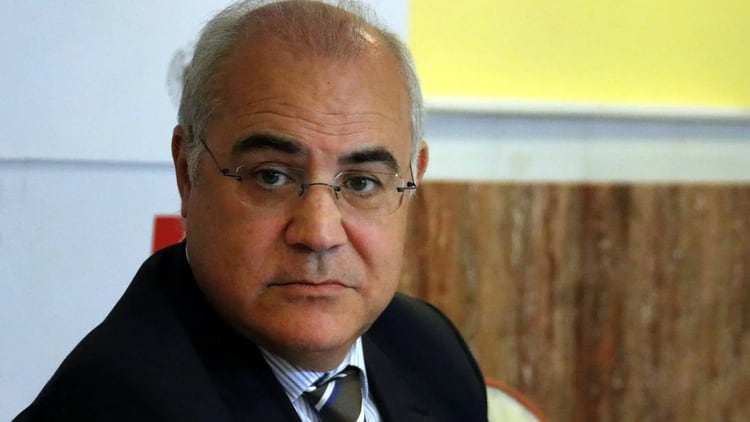Ángel Collado
The amnesty law that Pedro Sánchez is negotiating with the Catalan independence supporters in exchange for their support to repeat as head of government threatens to provoke an institutional conflict between all the powers of the State unprecedented in Spanish democracy.
The “erasure” of crimes and judicial responsibilities of all those involved in the separatist coup of 1 October 2017 in Catalonia will pit Congress against the Senate, a chamber that will try to veto it; it will overrule the Supreme Court, which can appeal the case to the Constitutional Court and the highest EU instance, and will also mobilise complaints from the regional executives.
The acting head of government already admits that talks are underway with the Catalan separatist parties over their demand for judicial impunity, and all concerned, those aspiring to remain in power who have been convicted of sedition and embezzlement plus those awaiting trial, take it for granted that in the end there will be a “progressive” government (of socialists and communists) following an amnesty law.
The most left-wing part of the government, represented by the vice-president Yolanda Díaz, heir of Pablo Iglesias, also anticipates its own project to save from any criminal liability the former president of the Generalitat Carles Puigdemont and his followers who have fled from justice or are awaiting trial. It copies and includes all the demands made in writing by the two secessionist parties, ERC and Junts, to disavow the actions of the rule of law in the face of the challenge to the constitutional order on the dates of the secession attempt.
The PSOE has limited itself to commenting that this is not its proposal, although it admits the principles of the same in order to guarantee the 7 votes of Puigdemont’s deputies in Congress, who hold the key to Sánchez being sworn in as president of the government.
While awaiting the final text of the bill that Sanchez’s cabinet is negotiating with the fugitive’s team, the parties called to remain in the opposition, plus the judges and prosecutors affected, are preparing to respond to an amnesty that they consider unconstitutional as well as an amendment to the entire democratic regime born of the Transition and to the division of powers.
The bill has to be registered in Congress before the plenary session for Sánchez’s investiture is held, according to the pro-independence supporters’ initial demand. The Socialists’ first intention was to convene the session before the end of October, but their partners have delayed the plan by also raising the demand for a referendum on self-determination in addition to the amnesty, a point that the PSOE preferred to dilute and delay.
Congress has until 27 November to elect the president of the government, and if no candidate is invested by that date, the Cortes will be dissolved and new elections will be held on 14 January.
The registration of the amnesty bill for the Catalan coup perpetrators in Parliament will set in motion the investiture of Sánchez and also the clash between the powers of the State. Although the bloc of left-wing, nationalist and pro-independence parties that have to sustain Sanchez in power may approve it in Congress, the Senate will reject it afterwards. In the end, the criteria of the lower house will prevail, but the back-and-forth procedure will mean a first delay in its possible application.
This law, on which the new social-communist cabinet has to build, will immediately have to face the announced appeals from the parliamentary groups and the judiciary, especially from the magistrate of the second chamber of the Supreme Court, Juan Pablo Llarena.
The Popular Party, the leading political force in Congress and with an absolute majority in the Senate, is the only party that meets the established requirement for appealing to the Constitutional Court, as it has the minimum of 50 deputies or 50 senators required by law.
Autonomous governments and regional parliaments can also ask the TC to suspend Sánchez’s amnesty for his allies. The PP governs and has a majority in 11 of Spain’s 17 autonomous communities. Five of them have already announced that they will appeal any text that violates the principle of equality among Spaniards or the division of powers.
In the case of the Supreme Court, which has already opposed the pardons for imprisoned coup leaders approved by the PSOE-Podemos coalition government in 2021, Judge Llarena is empowered to raise a question of unconstitutionality against the amnesty for Puigdemont, a step that would paralyse the application of the law for its beneficiaries. He could also appeal to a higher instance, the High Court of Justice of the European Union.
Sánchez can present this “judicial relief” for the coup perpetrators in a few days to save his investiture, but the application of the amnesty will then be as complicated and tortuous as the legislature itself.






